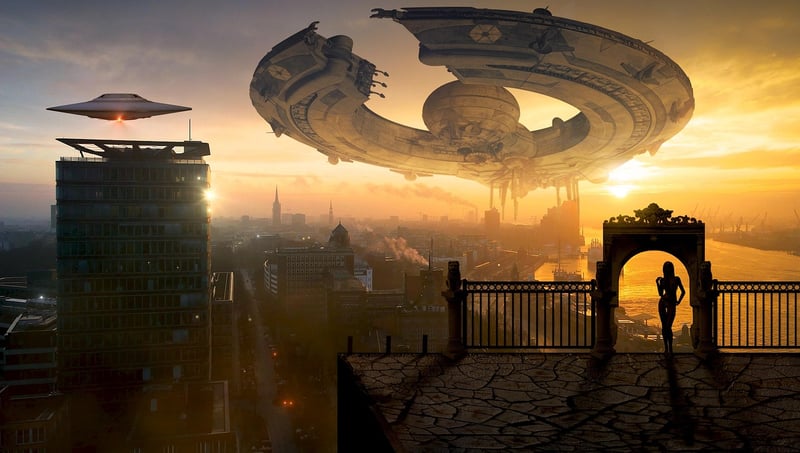Temporal Prime Directive
The Moral Implications of the Temporal Prime Directive
Time travel has long been a captivating concept in science fiction, allowing characters to explore the consequences of altering the past or future. In the realm of Star Trek, the Temporal Prime Directive serves as a guiding principle to prevent tampering with the timeline and safeguard the integrity of history.
What is the Temporal Prime Directive?
The Temporal Prime Directive is a fundamental rule within the Star Trek universe that prohibits time travelers from interfering with historical events or timelines. It is designed to prevent unintended consequences and maintain the natural course of history.
Moral Implications
Adhering to the Temporal Prime Directive raises complex moral questions about the nature of free will, the impact of individual actions, and the responsibility to preserve the timeline. Characters are often faced with ethical dilemmas when considering whether to intervene in past events for the greater good or to respect the directive and allow history to unfold naturally.
Key Considerations:
- The Butterfly Effect: Even small changes in the past can have significant ripple effects on the future, leading to unforeseen consequences.
- Respecting Cultural Development: Altering historical events can disrupt the natural progression of civilizations and deprive future generations of valuable experiences.
- Hubris and Arrogance: Playing "time god" and manipulating the past can result in unintended harm and hubris on the part of time travelers.
Examples in Star Trek
Throughout various Star Trek series and films, characters encounter situations that test their commitment to the Temporal Prime Directive. From preventing catastrophic events to preserving the timeline, each decision carries weighty moral implications.
Notable Episodes:
- "City on the Edge of Forever" (The Original Series): Captain Kirk faces a heartbreaking choice between love and the preservation of history.
- "Yesterday's Enterprise" (The Next Generation): The crew grapples with the consequences of altering a timeline to save lives.
- "Storm Front" (Enterprise): Captain Archer navigates a temporal cold war while striving to protect the timeline.
Conclusion
The Temporal Prime Directive serves as a moral compass in the realm of time travel, challenging characters to consider the long-term effects of their actions on the fabric of history. By upholding this directive, individuals in the Star Trek universe must confront difficult choices that test their principles and values.
For more information on the Temporal Prime Directive and its moral implications, you can explore the official Memory Alpha page.

